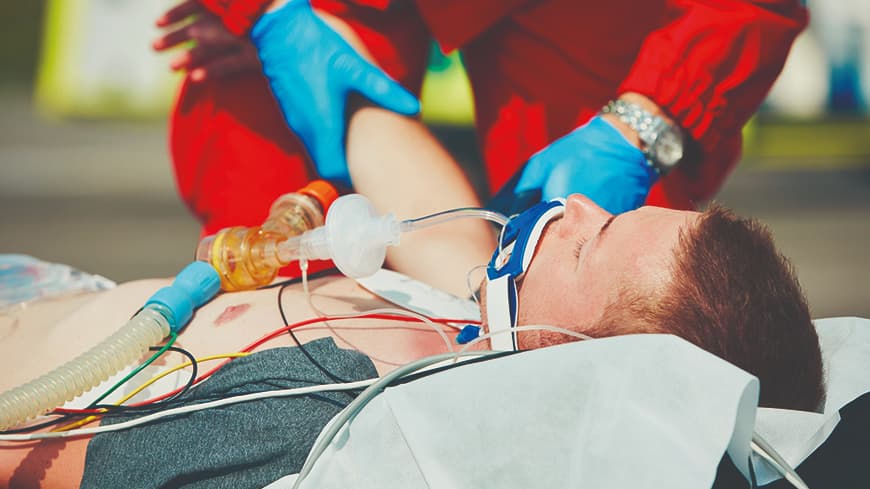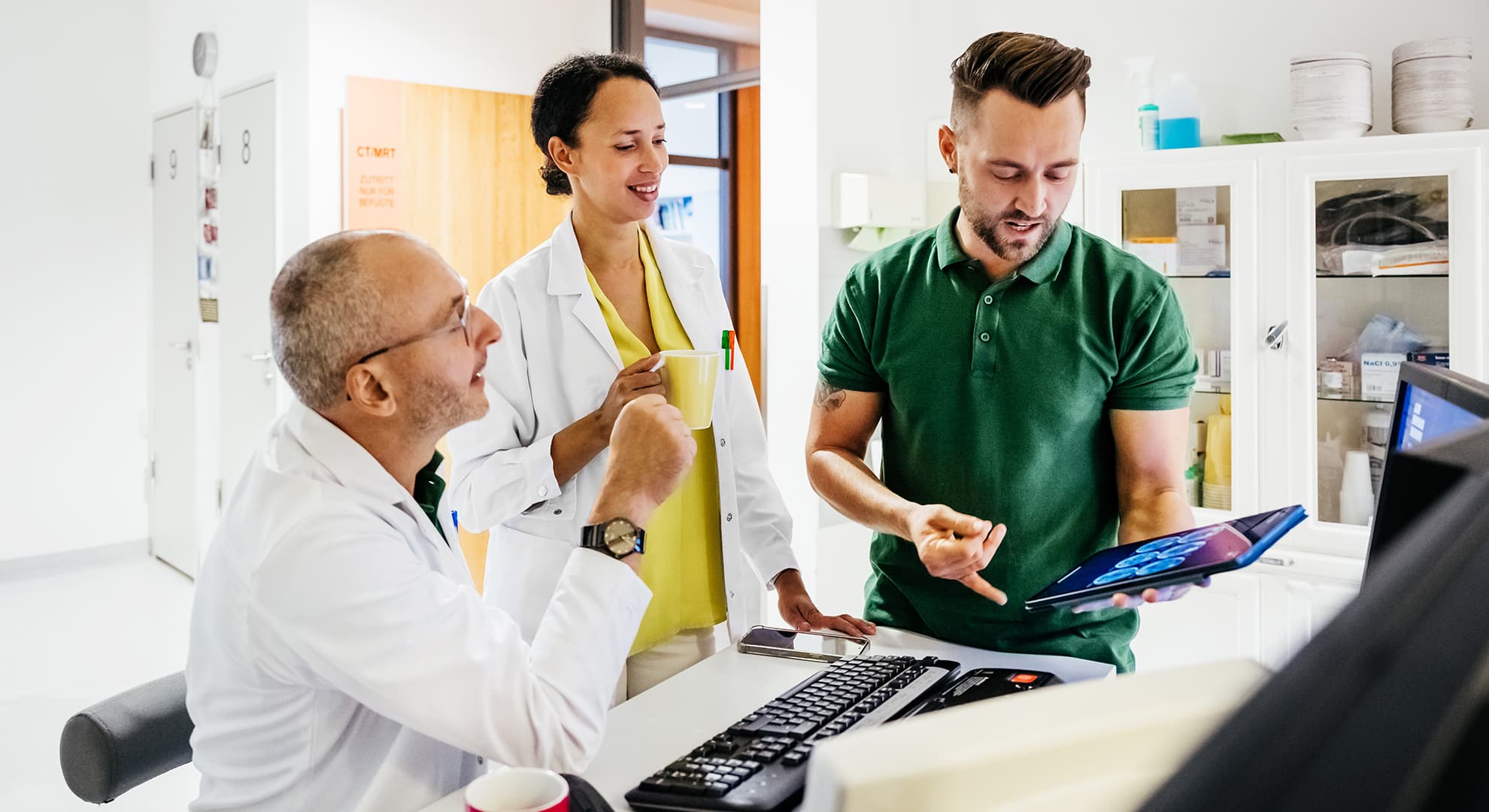ECU's School of Medical and Health Sciences is all about creative thinking.
Alongside traits like resilience, flexibility, motivation, and curiosity, the school believes that creative thinking* is often the key to enabling workers to adapt to complex workplaces and enjoy the benefits of a fulfilling career in healthcare and other health-oriented industries.
How does this work in practice?
As an example, let's look at two Paramedicine courses — the Graduate Diploma and the Master of Critical Care Paramedicine.
Here, students are exposed to the benefits of experiential learning.
They complete two 40-hour clinical placements — one in the Operating Theatre alongside an anaesthetist and another in the Intensive Care Unit alongside medical registrars and consultants.
They gain competencies in advanced airway management, mechanical ventilation, invasive pressure monitoring, inotropic drug support, cardioversion, and sedation.
This type of learning reaches beyond the practical level; it inspires students to discover gaps in their knowledge and refine their skills in new and exciting ways.
Back in the classroom, students work with others online, generating fresh ideas and solutions to difficult problems in a supportive environment.
For example, they're asked to think creatively when reflecting on clinical interventions and therapies that are undertaken in hospitals.
Based on the best available evidence, they’re also expected to examine whether certain hospital interventions can be introduced before a patient arrives at the hospital.
This sharpens their ability to come up with new insights — a trait that many organisations need today.
Little wonder that a majority of ECU's Critical Care Paramedicine graduates are employed with jurisdictional ambulance services in Australia.
 ECU's Critical Care Paramedicine graduates are increasingly attractive to employers.
ECU's Critical Care Paramedicine graduates are increasingly attractive to employers.
Studying outside your bubble
Here's another example, the interdisciplinary Master of Public Health course.
The course is flexible, incorporating knowledge and perspectives from various fields — such as epidemiology, biostatistics, environmental health, social sciences, and policy.
It enables students to make crucial connections between related and even seemingly unrelated areas.
Students also specialise in an area of interest, actively engaging in real-world public health scenarios.
And they're encouraged to collaborate with others to leverage different perspectives and foster creative thinking through synthesising ideas.
So graduates not only develop valuable skills for their future careers; they can also pursue a wider range of occupations.
The School's broad range of programs are taught in a way that places graduates at the forefront of advancing health and bettering communities.
*Creative thinking is ranked the second most important skill a worker should have, according to the World Economic Forum's Future of Jobs Report 2023.

 Students are asked to think creatively when reflecting on clinical interventions and therapies undertaken in hospitals.
Students are asked to think creatively when reflecting on clinical interventions and therapies undertaken in hospitals.


